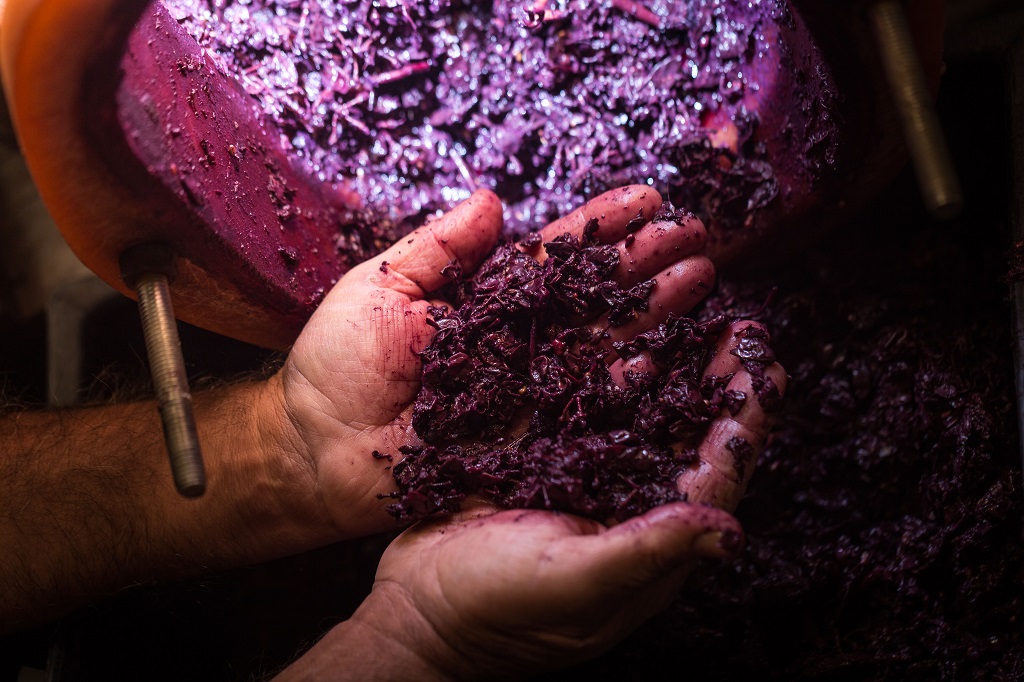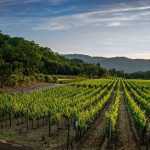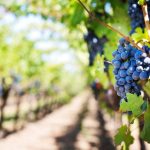Image courtesy Extracta
Extracta, an Australian manufacturer will start utilising agricultural waste like grape marc to produce ingredients for the nutraceutical, food and cosmetic industries.
Rod Lewis, Extracta’s CEO says that his company is turning agricultural waste into raw materials for complementary medicines like those made by sister company MediKane that uses sugarcane fibre, grape by-products and pectin from orange peel to produce plant-based complementary medicine products.
“Called Extracta because the company is extracting value from agricultural surplus, we’re pioneers in this sector. This saves agricultural producers money because they won’t have to send waste to landfill and benefits the environment by diverting agricultural waste from landfill. Plus, we’re re-establishing the manufacturing of several ingredients like pectin in Australia,” said Lewis.
“There are other companies who use agricultural waste like grape marc, but unlike most others, we will be utilising 100 per cent of waste rather than just one element.”
Lewis explained that there could be many other opportunities beyond extracting ingredients from the waste of sugar cane, citrus and wine production including the waste from mangoes, avocadoes, stone fruits, watermelons, soy, berries, and more.
“We have already secured $2.5 million with two government grants through the Fight Food Waste Cooperative Research Centre,” Lewis said.
“One of these will allow us to set up a production facility in Queensland in partnership with Queensland University of Technology (QUT) and the other to develop high-value medical products in conjunction with Macquarie University.”
The first plant to process sugarcane fibre will be located in Brisbane, and the second in Orange to process grape marc.
The production facilities built by Extracta in rural and urban locations aim to create local jobs and return processing to regional locations.
The production facility will also be relocatable and can move with seasonality, not limited to one product or season – grapes, sugarcane, apples, citrus and many more.
“We are also working closely with key players in the wine industry including Tamburlaine Wines in Orange. The partnership with Tamburlaine will result in a joint production facility in Orange to process wine marc for pectin, tartaric acid and tannins,” added Lewis.
Australian food waste costs the country US$20 billion per annum, which is more than seven million tonnes of food each year.
Are you a Daily Wine News subscriber? If not, click here to join our mailing list. It’s free!
















